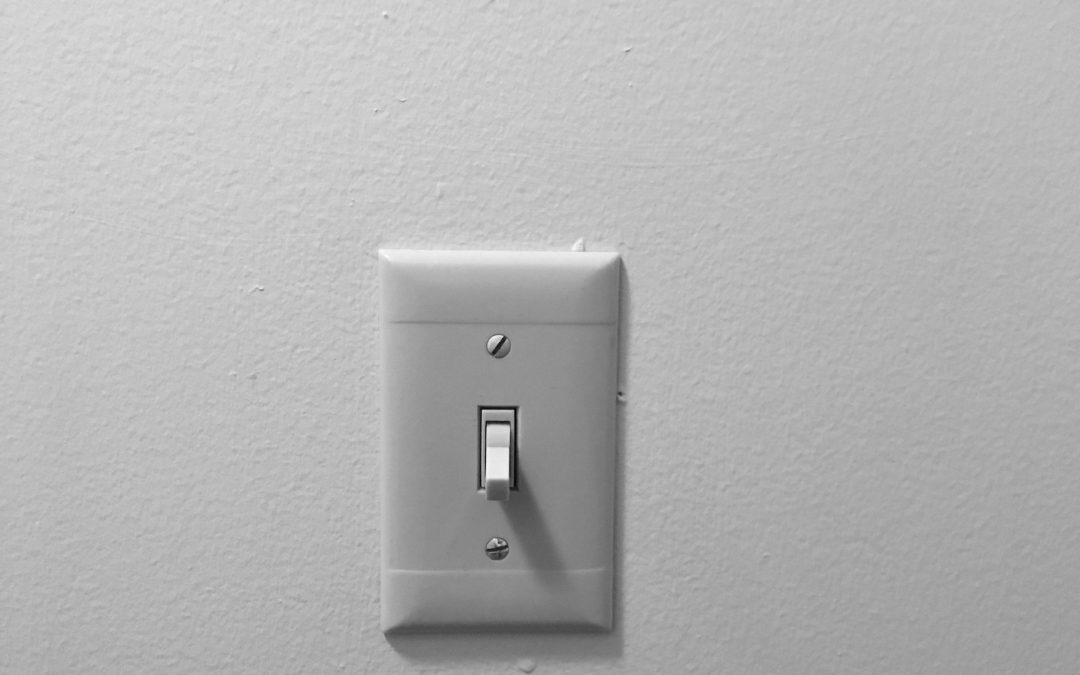Recently, I was struck by similar comments from several patients. The gist was, “Man, I’m really sick and tired of talking about this.”
One of the patients had recently made some actual changes – ones that directly related to his reasoning for coming to see me.
The statements, and resulting action, prompted me to consider what if some change is just an end response of attrition? Perhaps part of what makes therapy helpful is that there is a cost (time, money, effort). And this cost is what forces the attraction process to eventually win out.
In other words, it’s often the case that we get “sick and tired” of hearing ourselves say the same things over and over and over and often over again. But we can continue on in our heads for day, weeks, and even years without anything happening.
We need to get fed up “enough.”
It’s one thing to keep ruminating on thoughts in your head. It’s quite another to shell out out money and say them out loud to someone else. And perhaps this “cost” is the switch to “enough.”
I’m not belittling psychotherapy, perhaps even the opposite. But I’m often left pondering the concepts of change, motivation, desire, discipline, self-talk, and how they all relate to preclude or promote change. I rarely come up with something substantially successful.
Interventions including cognitive work and behavioral activation can have some success provided there is sufficient effort put forth. However, this may be seen as mere directional support once the decision to change is elicited.
Let’s keep in mind the sage advice that change cannot occur if change is not wanted.
Sure there can be psychodynamic processes that may be at play (secondary gains, self-image issues, past trauma, fear, etc). But what is that mechanism that actually causes change or the wanting “enough” for change to result in action or difference?
For some perhaps it’s the sheer quantity of the talk-therapy process that eventually causes this switch to flip.

